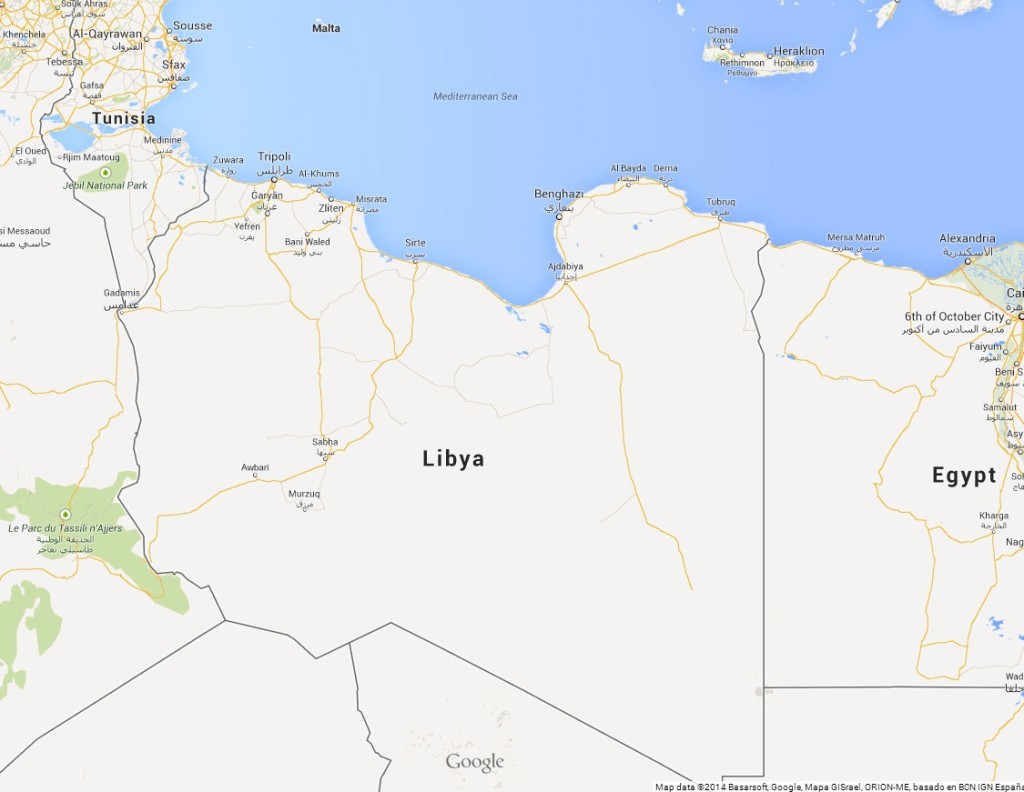
Libya has become a major headache for European oil companies as a four-year conflict forced BP Plc to join Total SA in writing off millions of dollars in investments in the North African country.
BP on Tuesday said it had taken an impairment of almost $600 million in the second quarter as fighting forced it to suspend an oil exploration campaign. The unexpected charge was the main reason BP’s earnings fell short of analysts’ estimates.
“It’s just hard for us to get something done there right now,” Chief executive officer Bob Dudley told reporters in London. BP is aware that other oil companies have written off their Libyan assets, while “some of them haven’t,” he said.
The charge comes three months after Total became the first European oil major to take an impairment in Libya, writing off $755 million from onshore assets. That’s an ominous sign for firms including Eni SpA and Repsol SA, which have yet to mark down the value of their investments in the country.
The Libyan oil industry has been in chaos since the 2011 rebellion that ended Muammar Qaddafi’s 42-year rule. Militias backed by rival governments in Tripoli, the capital, and Benghazi, the main city of eastern Libya, have this year attacked oil fields and terminals that were largely spared during the initial phase of the uprising.
Es Sider and Ras Lanuf, the nation’s largest and third- ranked oil export ports, have been shut down since December following attacks. In February, gunmen stormed and briefly captured the Al-Mabruk field operated by Total.
Libya Return
Eni, which reports first-quarter results on Thursday, has sustained output in Libya despite growing insecurity. Like the Italian company, Madrid-based Repsol hasn’t written down its assets in the country, although it has suffered from intermittent production outages.
BP returned to Libya in 2007 after a more than 30-year hiatus, signing a deal with the country’s state-owned oil company to spend $900 million searching for crude and gas in an area the size of Belgium. The deal was part of the international rehabilitation of Libya after the Qaddafi regime gave up its program of weapons of mass destruction and paid compensation to the victims of terror attacks.
“There is significant uncertainty on when drilling operations might be able to proceed,” London-based BP said Tuesday in a statement.
Libya is producing less than 400,000 barrels a day as the conflict that has divided the North African country cuts electricity supply to oil fields and prevents maintenance. Before the revolution, Libya pumped about 1.6 million barrels a day.
Recommended for you
